BY JOSEPHINE CHINELE – Washington, DC, USA
As Malawi hopes for an Extended Credit Facility (ECF) loan to help address the current economic woes, the International Monetary Fund (IMF) has hinted at a funding squeeze.
The Fund says this is due to the shrinking aid budgets and reduced inflows from aid partners, leading to a big funding squeeze for the Sub-Saharan African (SSA) region’s economic growth.
IMF African Department Director, Abebe Aemro Selassie told journalists amid the IMF and World Bank Spring meetings that the funding squeeze may have more profound consequences on SSA citizenry as governments will have to reduce resources meant for critical development sectors like health, education, and infrastructure thereby weakening the regions’ growth potential.
“If measures are not taken, this funding squeeze will hamper their efforts to build a skilled and educated population who would drive the global economy in years to come… Since Russia’s invasion of Ukraine, the cost of living is more expensive, borrowing costs have increased and access to cheaper funding is dwindling,” he said as he unveiled a Regional Economic Outlook for Sub-Saharan Africa for April 2023.
The IMF is however optimistic that Sub-Saharan African countries could resuscitate their economies if they among others consider consolidating public finances and strengthening public financial management.
Last year, the IMF provided Malawi with a Rapid Credit Facility loan under the IMF’s Food Shock Window programme, which seeks to provide emergency funding to countries suffering from an acute cost of living crisis.
Under this loan agreement, the IMF told the Malawi government to “enforce fiscal discipline”, among other things. In IMF speak, fiscal discipline often looks like austerity measures.
But an international Civil Society Organisation, ONE believes there is financial injustice towards Malawi and other developing countries considering the stress they are already into. The organisation has urged the international community to consider ‘cries for action’ from countries like Malawi and take fast financial action across debt, aid and sustainable investment to turn this economic turmoil into an opportunity.

The organisation’s Co-Founder, Jamie Drummant recommends developing nations should be given a chance to access long-term low-interest-rate loans as outlined in the Sustainable Development Goals stimulus program that allows developing nations to move beyond narrow definitions of debt sustainability, in order to have real space to invest in its natural and human capital, people and planet, and deliver long term economic resilient transformation.
“Malawian citizens must be able to track and scrutinise these super concessional loans with great oversight from parliament and media, as far as possible grants not loans for core social and humanitarian and disaster response. When a disaster strikes, new disaster risk clauses on your debt must give you automatic space to deal with the crisis,” he told PIJ.
According to Selassie, IMF is ready to support the Sub-Saharan region, revealing that as of March 2023, the IMF has lending arrangements with 21 countries in the region and has received many program requests, “The disbursements associated with IMF programs, emergency financing facilities, and the special drawing rights allocation represented $50 billion between 2020 and 2022.”
Malawi is securing an External Credit Facility (ECF) loan regardless of its debt distress status.

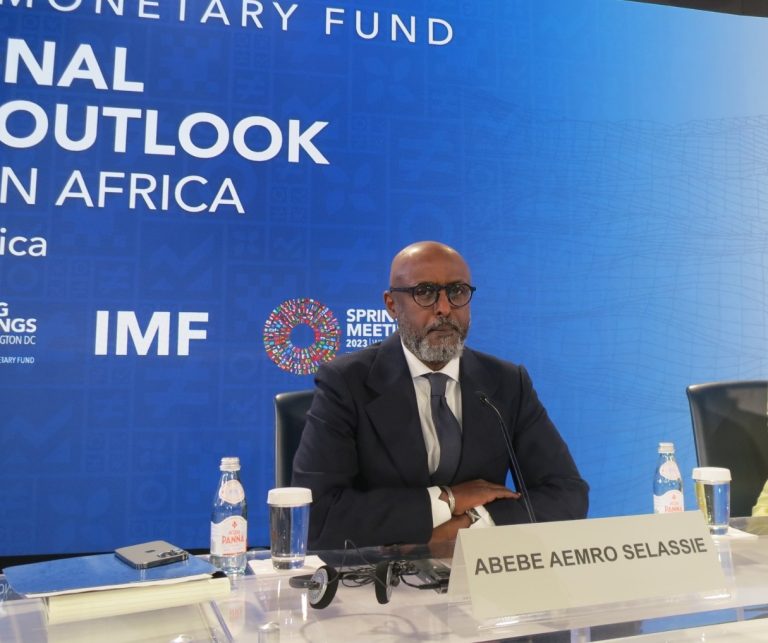

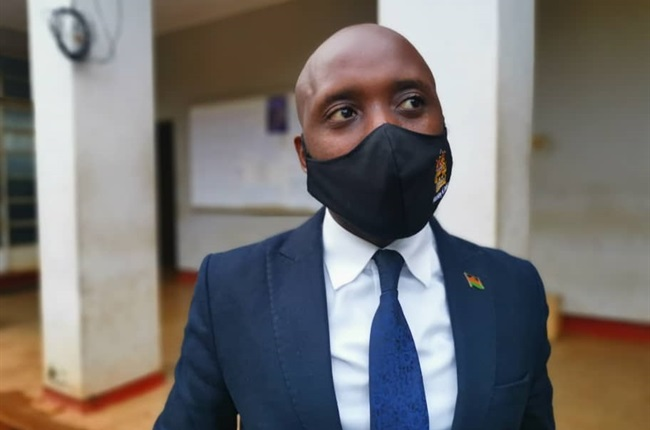

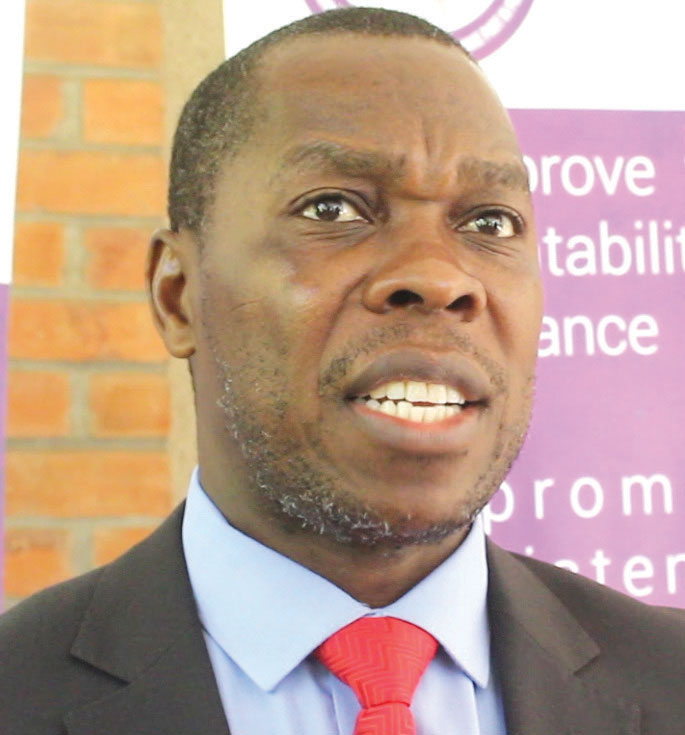
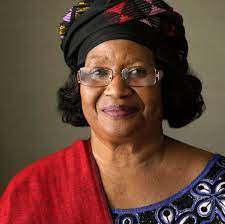
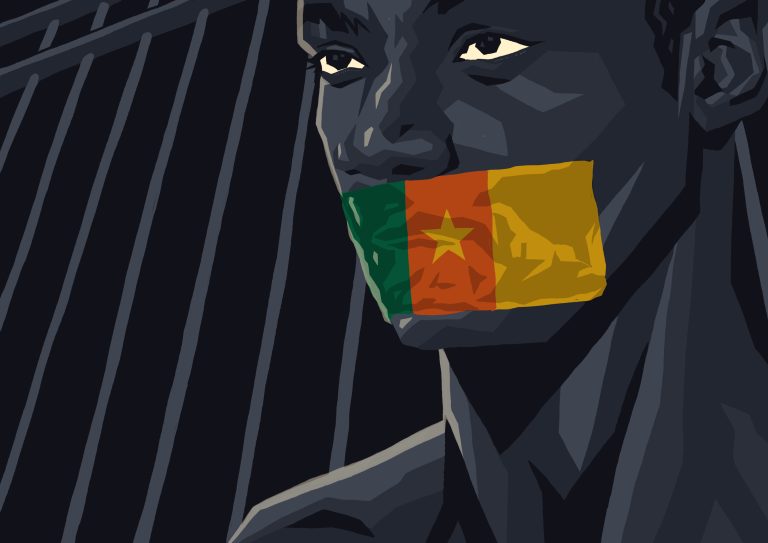
.jpg)
